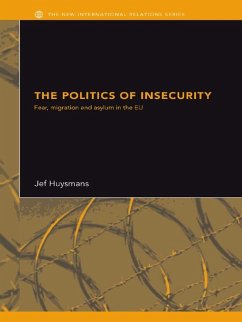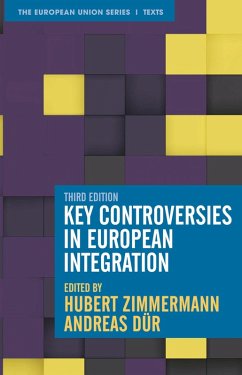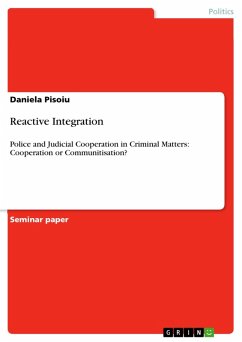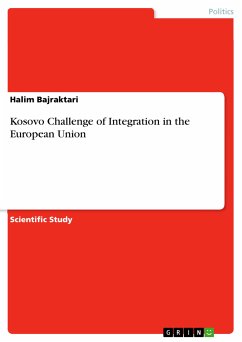
Ironies of Citizenship (eBook, ePUB)
Naturalization and Integration in Industrialized Countries
Versandkostenfrei!
Sofort per Download lieferbar
18,95 €
inkl. MwSt.
Weitere Ausgaben:

PAYBACK Punkte
9 °P sammeln!
Explanations of naturalization and jus soli citizenship have relied on cultural, convergence, racialization, or capture theories, and they tend to be strongly affected by the literature on immigration. This study of naturalization breaks with the usual immigration theories and proposes an approach over centuries and decades toward explaining naturalization rates. First, it provides consistent evidence to support the long-term existence of colonizer, settler, non-colonizer, and Nordic nationality regime types that frame naturalization over centuries. Second it shows how left and green parties, ...
Explanations of naturalization and jus soli citizenship have relied on cultural, convergence, racialization, or capture theories, and they tend to be strongly affected by the literature on immigration. This study of naturalization breaks with the usual immigration theories and proposes an approach over centuries and decades toward explaining naturalization rates. First, it provides consistent evidence to support the long-term existence of colonizer, settler, non-colonizer, and Nordic nationality regime types that frame naturalization over centuries. Second it shows how left and green parties, along with an index of nationality laws, explain the lion's share of variation in naturalization rates. The text makes these theoretical claims believable by using the most extensive data set to date on naturalization rates that include jus soli births. It analyzes this data with a combination of carefully designed case studies comparing two to four countries within and between regime types.
Dieser Download kann aus rechtlichen Gründen nur mit Rechnungsadresse in A, B, BG, CY, CZ, D, DK, EW, E, FIN, F, GR, HR, H, IRL, I, LT, L, LR, M, NL, PL, P, R, S, SLO, SK ausgeliefert werden.













